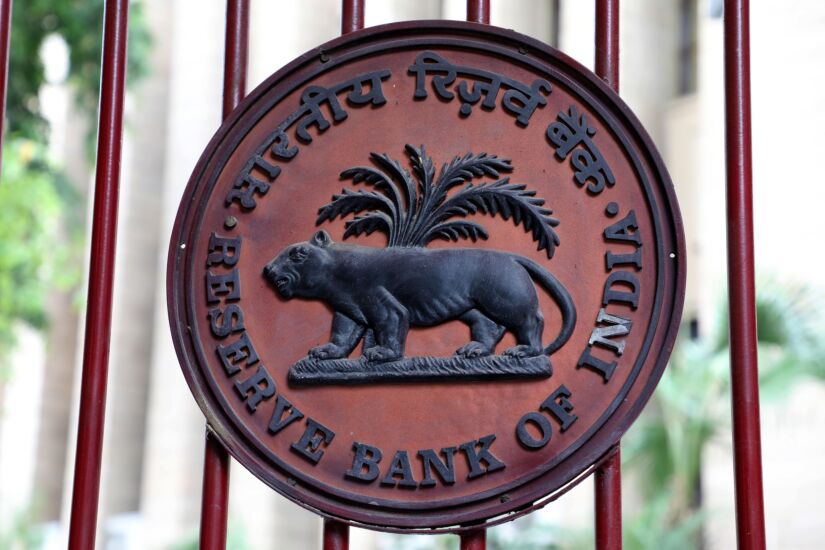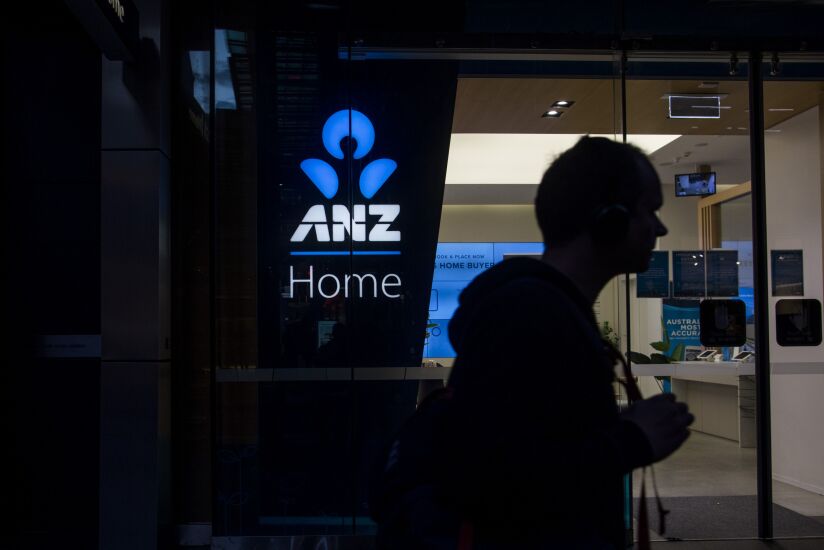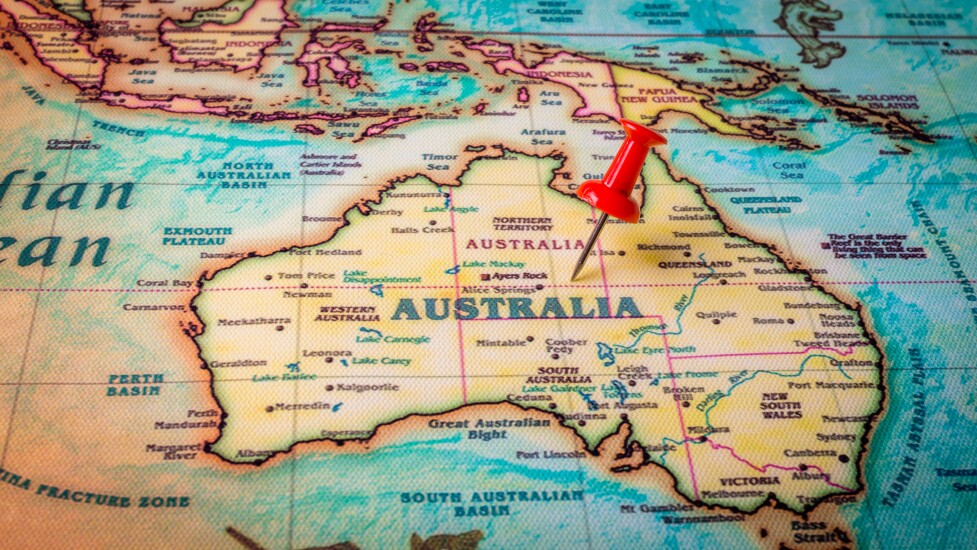Bank of Ireland ATM glitch spurs mistaken withdrawals, Stablecoin issuers get rules in Singapore, ANZ is looking for money mules, and more.
Here's what's happening around the world this week.








CEO Max Levchin said the lender is testing technology that allows merchants to perform more advanced testing of promotional financing offers.
Unlike some of its expansion-minded regional bank peers, Montana-based First Interstate is reconfiguring its business model to be smaller and more focused on relationship banking. The blueprint is the work of CEO Jim Reuter, who joined the bank 15 months ago.
Renat Abramov, a former relationship manager in Brooklyn, bypassed know-your-customer protocols to open accounts for shell companies involved in a $14.6 billion scheme.
Bowing to industry pressure, the Consumer Financial Protection Bureau is warning consumers with notices on its complaint portal not to file disputes about inaccurate information on credit reports, among other changes.
The support from the stablecoin provider follows a string of tech firm acquisitions as Anchorage Digital broadens its crypto services.
Treasury Secretary Scott Bessent appeared to urge the crypto industry to deal with bankers in the yield stablecoin issue during his regular testimony in the Senate Banking Committee Thursday.